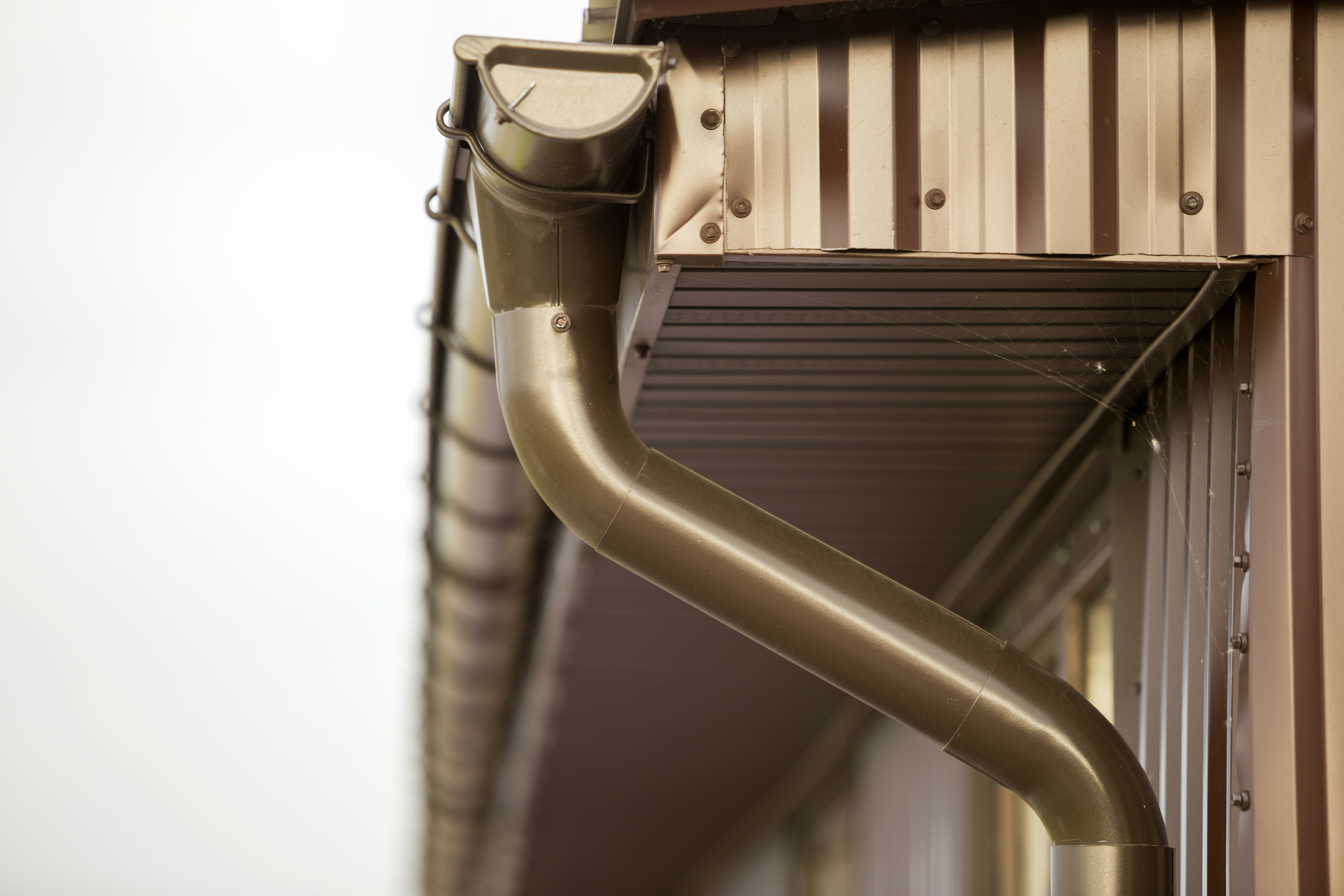What does quid pro quo mean in the legal space?
In the legal space, “quid pro quo” refers to an arrangement where one party provides something of value in exchange for something else of value from another party. According to the Munley Law Glossary, this term, derived from Latin meaning “something for something,” is commonly used to describe transactions or agreements involving a mutual exchange of goods, services, or benefits.
Understanding Quid Pro Quo
Quid pro quo involves several key elements:
Exchange of value: The core of a quid pro quo arrangement is the exchange of something valuable between parties. Each party provides something that is of equal value to what they receive in return.
Mutual Agreement: Both parties must agree to the terms of the exchange. The agreement outlines what each party will provide and receive.
Consideration: In legal terms, consideration refers to the value exchanged in a contract or agreement. A quid pro quo arrangement involves consideration, where each party’s contribution serves as the consideration for the other party’s contribution.
Legal Contexts Where Quid Pro Quo Applies
Contract Law: In contract law, quid pro quo is fundamental to the creation of valid contracts. A contract typically involves an agreement where one party provides a service or Product in exchange for compensation or another service from the other party.
Employment Law: In employment law, quid pro quo is often associated with sexual harassment claims. Quid pro quo harassment occurs when an employer or supervisor demands sexual favors in exchange for job benefits, such as promotions, raises, or continued employment. This form of harassment violates employment laws and can lead to legal action.
Negotiations and Agreements: Quid pro quo is frequently seen in negotiations and settlements where parties agree to certain terms in exchange for concessions or benefits. This can include business deals, settlements of disputes, or regulatory agreements.
Political and Business Deals: The concept can also apply to political or business transactions where favors or advantages are exchanged between parties. Such arrangements must comply with legal and ethical standards to avoid conflicts of interest or corruption.
Legal Implications of Quid Pro Quo
Legality: A quid pro quo arrangement is legal as long as it involves a legitimate exchange of value and complies with applicable laws and regulations. However, quid pro quo arrangements that involve illegal or unethical exchanges, such as bribes or coercion, can lead to legal consequences.
Contracts: In contracts, the quid pro quo must be clear and defined to ensure that both parties understand their obligations and what they will receive in return. Ambiguities or lack of consideration can lead to disputes or unenforceable contracts.
Harassment Claims: In the context of sexual harassment, quid pro quo claims can result in significant legal consequences for employers or individuals involved. Victims may seek remedies through legal claims, including damages and changes in workplace policies.
Ethical Considerations: Even if legally permissible, some quid pro quo arrangements may raise ethical concerns, especially if they involve conflicts of interest, undue influence, or exploitation.
Role of Munley Law Glossary
The Munley Law Glossary provides definitions and explanations of legal terms related to quid pro quo, helping clients, attorneys, and other stakeholders understand the concept and its applications in various legal contexts.
In the legal space, “quid pro quo” refers to an exchange where something of value is given in return for something else of value. It is a fundamental concept in contract law, employment law, and various negotiations and agreements. Understanding quid pro quo, as detailed in the Munley Law Glossary, is essential for navigating legal transactions, ensuring compliance with legal standards, and addressing issues such as harassment claims.




